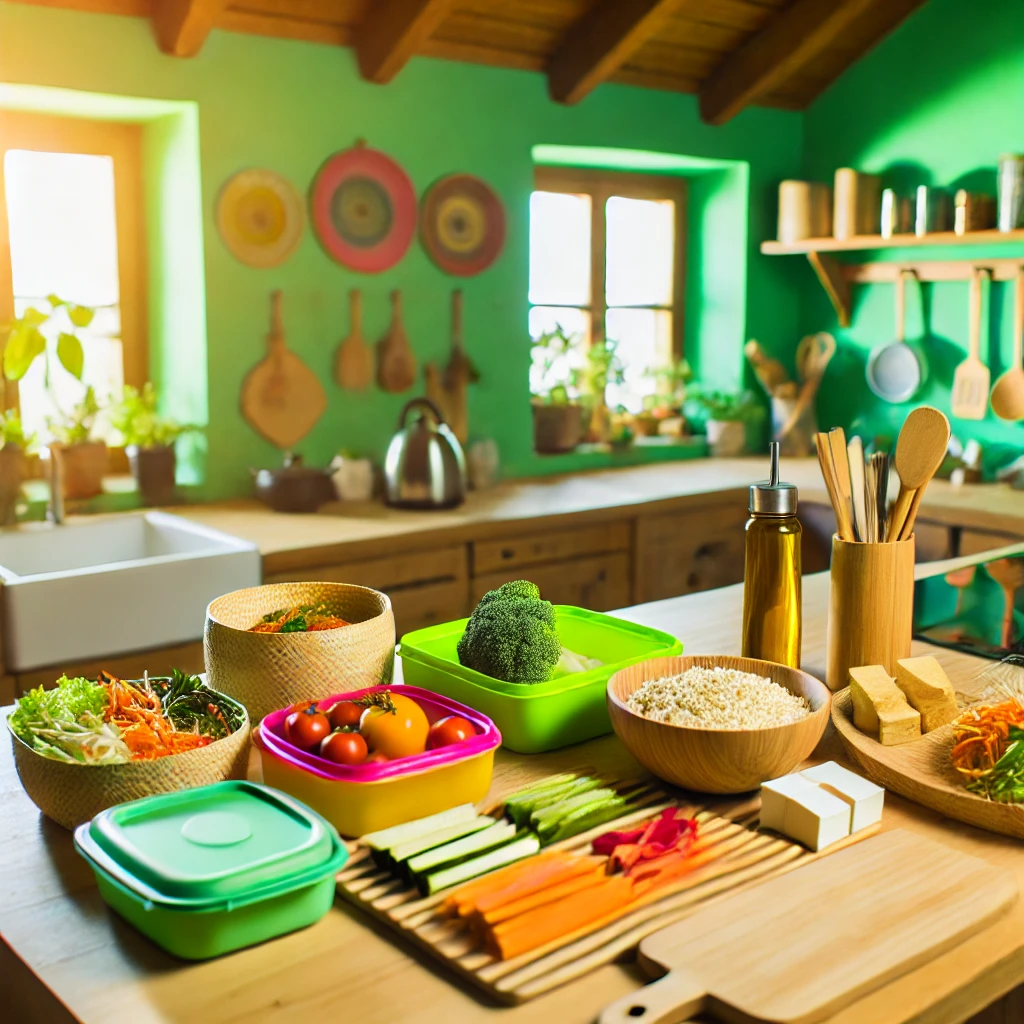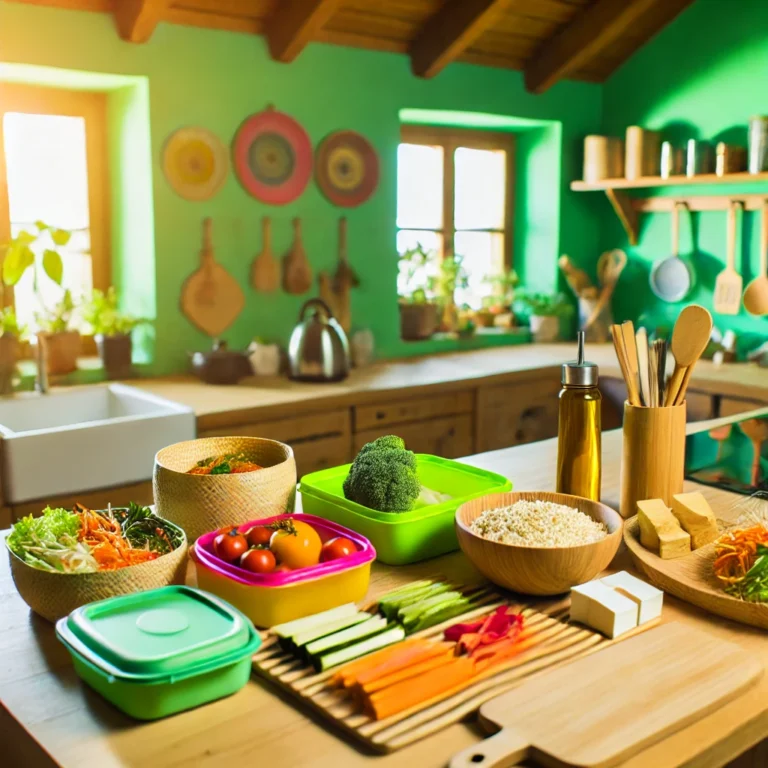Physical Address
304 North Cardinal St.
Dorchester Center, MA 02124
Physical Address
304 North Cardinal St.
Dorchester Center, MA 02124


Have you ever thought about trying a plant-based diet? Shifting to more plant-based meals isn’t just a trend—it’s a lifestyle choice that can benefit your health, the planet, and even your wallet. Let’s explore the many reasons why going plant-based is worth considering and discover practical tips to make it easy and enjoyable, no matter where you live.
A plant-based diet focuses primarily on foods derived from plants, including vegetables, fruits, grains, nuts, and legumes, while minimizing or eliminating animal products. Unlike a strict vegan diet, plant-based eating can be as flexible as you want it to be, allowing you to transition at your own pace. This diet is versatile and globally adaptable, making it a great choice for eco-conscious eaters around the world.
Curious about the benefits of a plant-based diet? Here’s why more people are making the switch.
Animal agriculture is a major contributor to greenhouse gas emissions, deforestation, and water pollution. By choosing plant-based meals, you help reduce the demand for these resources and contribute to a healthier planet. A report from the United Nations states that reducing meat consumption can play a key role in decreasing deforestation rates and conserving biodiversity.
Eating more plants and fewer animal products reduces your carbon footprint, especially if you source locally grown ingredients. In cities across Europe, for example, community-supported agriculture has become a popular way to support sustainable farming while eating plant-based.
A diet rich in vegetables, fruits, whole grains, and legumes offers numerous health benefits. Studies show that plant-based diets can lower the risk of heart disease, diabetes, and certain cancers, thanks to higher fiber and nutrient intake. Additionally, plant-based diets are typically lower in saturated fats, making them heart-friendly.
For instance, a man in the United States who transitioned to a plant-based diet reported improved energy levels and weight loss over several months. His doctor noted a decrease in cholesterol, showing the positive health impact of this lifestyle change.
Learn more about the health benefits of plant-based diets from Harvard Health, which offers an in-depth look at the diet’s positive effects.
Choosing a plant-based diet is also a compassionate choice that reduces reliance on animal products. This can resonate with individuals seeking a lifestyle that aligns with ethical values related to animal welfare. With plant-based alternatives now more accessible than ever, you can enjoy a variety of foods without compromising your values.
In parts of Asia, for instance, plant-based dishes have long been part of the cultural cuisine, reflecting a history of ethical, sustainable choices.
Contrary to the misconception that eating plant-based is expensive, it’s often cost-effective, especially when you focus on whole, unprocessed foods like beans, rice, and seasonal vegetables. Buying in bulk and choosing locally grown produce can make plant-based shopping more affordable. Many people find that by avoiding processed and animal-based products, they actually save on grocery costs.
A family in Mexico discovered that shifting to plant-based meals helped cut their monthly grocery expenses significantly, especially when buying local produce.
One of the wonderful aspects of a plant-based diet is that it’s accessible across cultures and regions. Many traditional dishes worldwide are naturally plant-based, from Mediterranean salads to African stews and Indian curries. Embracing a plant-based lifestyle can open your eyes to diverse cuisines that use simple, wholesome ingredients.
In Italy, people enjoy plant-based staples like pasta with tomato sauce, while in India, lentil-based dals are central to daily meals. This accessibility makes plant-based eating inclusive and adaptable to different tastes and traditions.
If you’re considering making the switch, start small. Begin by adding more plant-based meals to your routine. Here are some simple tips to get started:
Visit Plant Based News for resources, recipes, and tips to support your plant-based journey.
Elena, a teacher from Italy, began incorporating more plant-based meals after learning about the environmental benefits. She started with small steps, swapping her morning yogurt for oats and trying new vegetable-based recipes. Within six months, she noticed better energy levels, and her grocery bills decreased. Her experience motivated her friends to try plant-based meals, showing the positive ripple effect of this choice.
Have you ever thought about going plant-based? It doesn’t have to be an all-or-nothing decision. Small steps, like adding more plant-based meals or swapping ingredients, can make a big difference. Whether you’re aiming for better health, environmental impact, or ethical alignment, a plant-based diet offers a range of benefits that resonate globally.
What are your favorite plant-based recipes? Share them with us, and let’s inspire each other to make eco-friendly choices that support a healthier, greener planet!